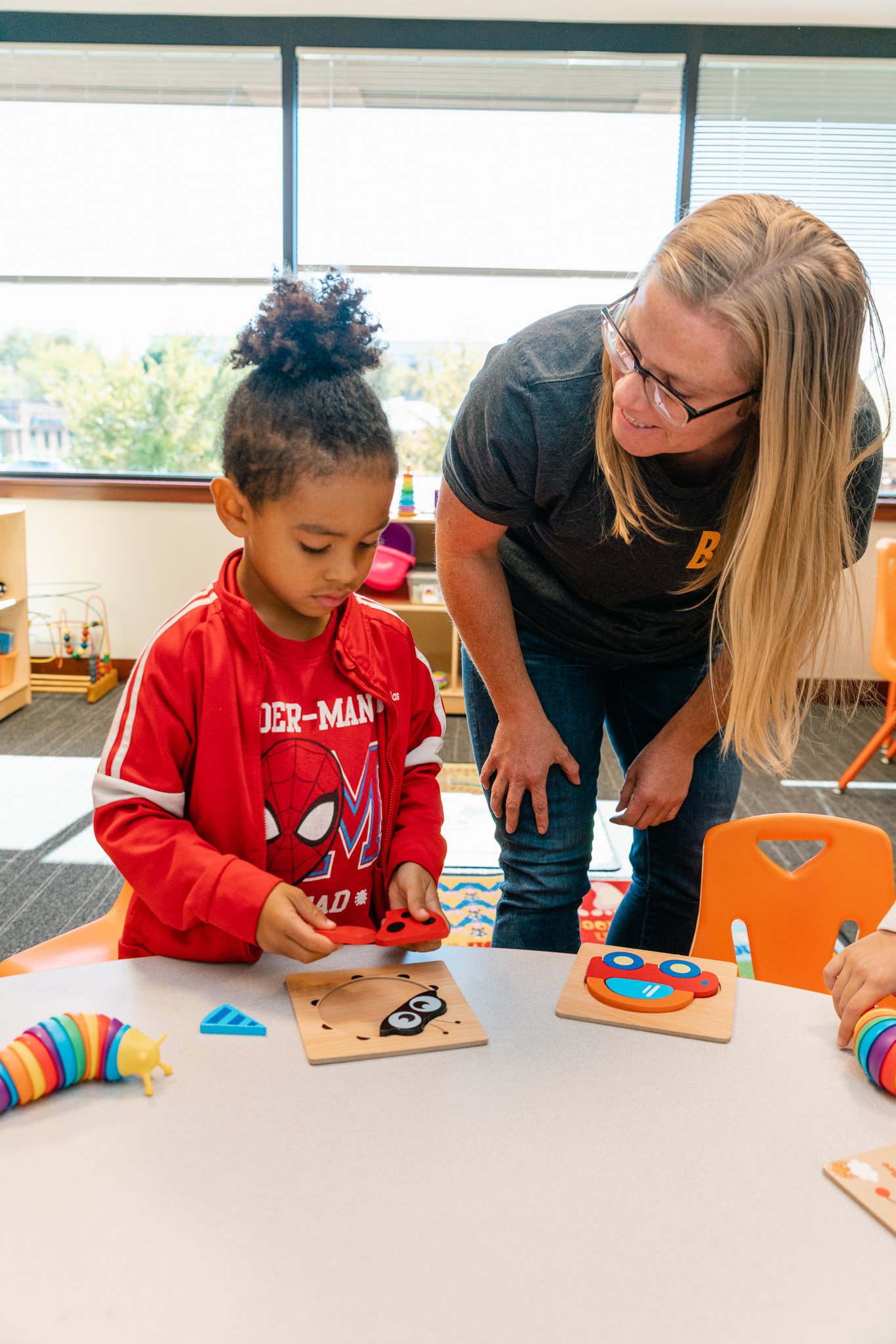
IBHS ABA Autism Group Services
Paragon’s Odyssey (Berks) 3-5 year olds
Paragon’s Virtual Reality (VR) MetaVerse (Lancaster) 11-17 year olds
Accepting Medical Assistance
Innovative. Cohesive. Engaging.
Group: A Way to Enrich Traditional ABA Therapy
Children who are autistic show persistent patterns of deficits in social interaction as well as impaired social communication. These can cause severe difficulties with their social interactions in various settings such as school or family life. Core features of ASD also include repetitive and restrictive behaviors, interests or activities. In contrast to individual therapies, group therapies are above all beneficial for practicing social skills.

How to Enroll
-
Call Us.
A written order will be scheduled to assess for appropriateness of group services. If your child is a current client, it is possible an update can be made to your existing written order.
-
Plan it.
Paragon will create individualized treatment plan (ITP) to include ABA Group Services.
-
You're Ready to Attend!
After your assessment and ITP are complete, your child is ready to join one of our offered evidenced-based groups.

Insurance Acceptance for IBHS Group Services
Our IBHS Group Program will be located in our Wyomissing, PA and Ephrata, PA offices. Clients who have medical assistance (MA) through Community Care Behavioral Health (CCBH) in Berks or PerformCare in Lancaster Counties will be able to enroll in our group services program.
Group Descriptions
Paragon’s Odyssey Group: Ages 3-5 years Old
Paragon’s Odyssey group is designed for autistic children ages 3-5 years old. During a session, there will be many opportunities to interact with peers. Clients will typically share a room that have common areas. This includes a group activity area, a play area, a place to eat snacks, and a movement area. Individual treatment plans and needs will guide the type of interactions that are needed to increase skills with peers.
Interventions based in ABA (Applied Behavior Analysis) will be used as an evidenced-based approach to treatment. These interventions are unique to each individual so they can meet specific goals and objectives that lead to socially significant behavioral changes.
· Group Instruction - The natural environment (schools, daycare) all teach individuals using group instruction. Examples of these activities could include sitting in small groups for increasing durations of time, and responding to a group directive with the support of a 1:1 behavior technician using behavioral principles to shape this type of group behavior.
· Social Opportunities- Working on social skills in a clinic allows for more social opportunities than in the home. Peer related instruction requires individualization, both in the types of responses that are taught and the strategies used to increase these responses.
· Functional Communication Skills- Communication is often a deficit that leads to problem behavior. Paragon focuses on teaching skills in order for a child to gain access to attention from peers, how to request items/information from peers, and how to even make basic requests. A 1:1 behavior health technician may capture or contrive social situations to facilitate incidental teaching.
· Following Routines- There are many routines that could be practiced with the support of a 1:1 behavior health technician that occur in the natural environment.
· Adaptive Skills - This category is very broad, but many of these skills lead to increased independence. A 1:1 behavior health technician will teach a child to wash their hands using chaining procedures. Other skills that could be worked on is safety while walking with peers and adults, using utensils, and tolerating changes in schedule.
· Generalization to Natural Environments- Generalizing skills across settings can be difficult for autistic children. They often fail to generalize mastered skills to novel environments and with novel people. This is done by training multiple exemplars, training loosely, and by practicing skills across multiple people/peers.
Paragon’s Virtual Reality (VR) MetaVerse
Join us as we embark on a new path that improves access to care for autistic teens that is immersive, educational, and most important: fun.
Learn necessary life skills in a safe environment without the fear of “real-world” consequences.




